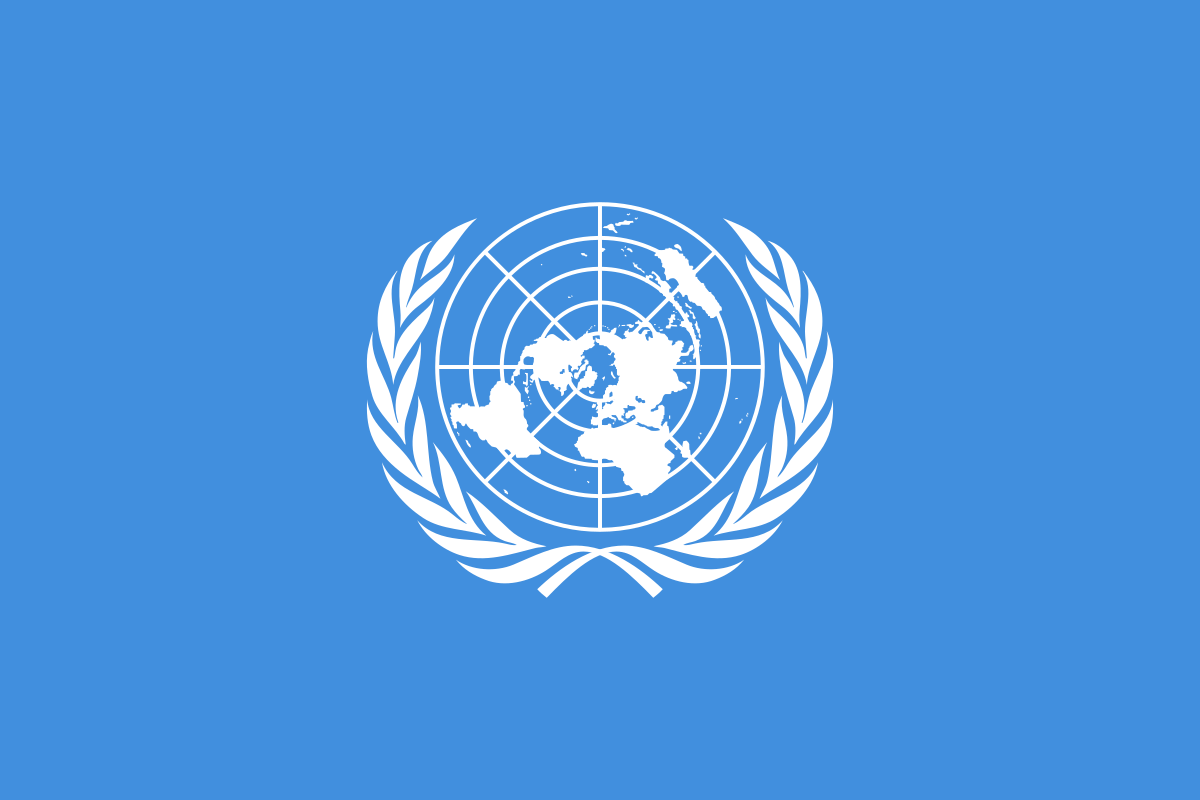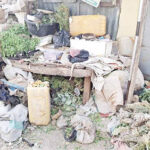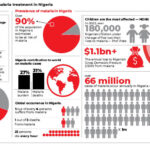UN investigators said Thursday they deeply regretted Burundi’s expulsion of World Health Organization experts who were supporting the country’s response to the coronavirus pandemic.
Burundi booted out the experts as the country prepares to go to the polls on Wednesday to choose a new president, parliamentarians and local officials.
The UN Commission of Inquiry on Burundi said in a statement that it “deeply regretted the recent decision by the government to declare persona non grata the country representative of WHO and three of its experts”.
The investigators, tasked by the United Nations Human Rights Council with probing alleged violations and abuses in the country since 2015, also voiced their concerns about the authorities’ decision not to apply WHO recommendations on physical distancing “to prevent the spread of the coronavirus during the electoral campaign”.
Burundi’s foreign ministry, in a letter to the WHO’s Africa headquarters and seen by AFP on Wednesday, said the UN agency’s representative in Burundi and his three colleagues “are declared persona non grata and as such, must leave the territory of Burundi” by Friday.
A Burundian official told AFP on condition of anonymity: “They are expelled and the health minister has totally excluded WHO, accusing it of unacceptable interference in its management of the coronavirus.”
– ‘Alarmed’ –
The landlocked African country of some 11 million has officially registered 27 cases of COVID-19 and one death, according to the latest WHO figures.
The UN commission said it was “alarmed by the numerous acts of violence and human rights violations during the electoral campaign” and urged all sides to step up efforts to find a peaceful resolution of election-related tensions.
The body voiced its concern over an electoral process “marred by violent clashes between members of the contending political parties and numerous arrests of political opponents, while persons close to the ruling party continue to enjoy near total impunity for their abuses”.
The commission said it was worried that the conduct of the elections could trigger a “new and deeper cycle of political violence” once the results are announced on June 4.
The three-person UN commission was established in 2016 and is charged with identifying alleged perpetrators of human rights violations and abuses in Burundi with a view to ensuring full accountability.
The country has been in crisis since 2015, when President Pierre Nkurunziza ran for a third term and was re-elected in a vote boycotted by most of the opposition.
At least 1,200 people were killed and more than 400,000 displaced in violence between April 2015 and May 2017 that the UN says was mostly carried out by state security forces.
But in a surprise development, Nkurunziza announced in 2018 that he would not stand for election in 2020, confounding critics who accused him of working to extend his grip on power.

 Join Daily Trust WhatsApp Community For Quick Access To News and Happenings Around You.
Join Daily Trust WhatsApp Community For Quick Access To News and Happenings Around You.


